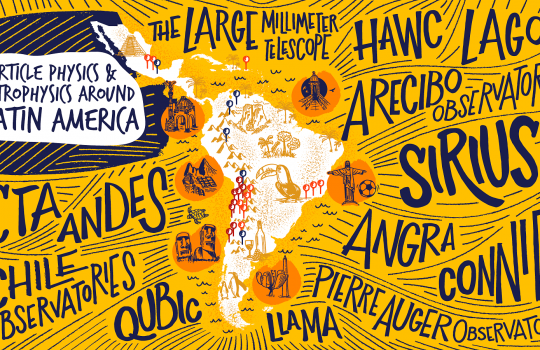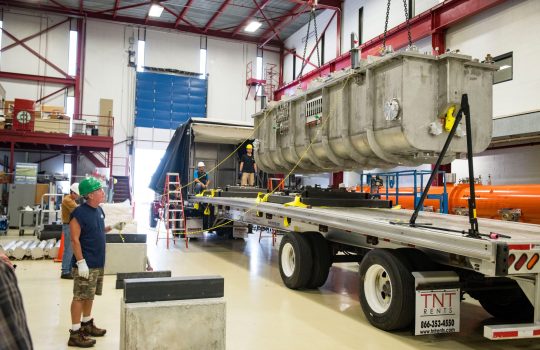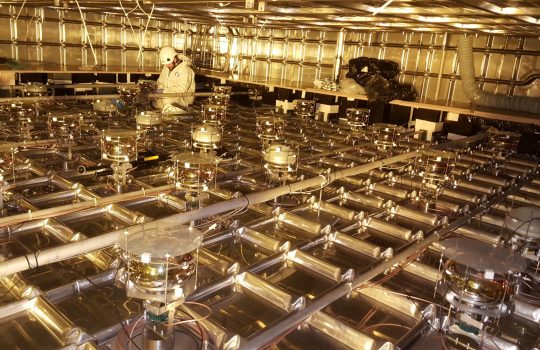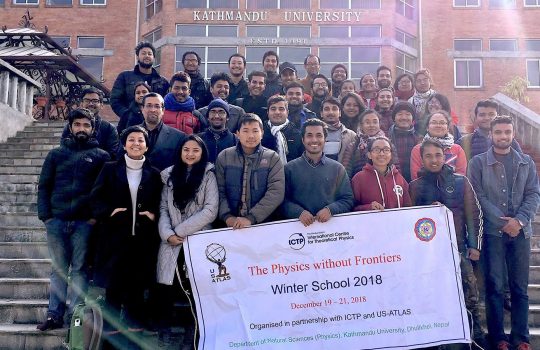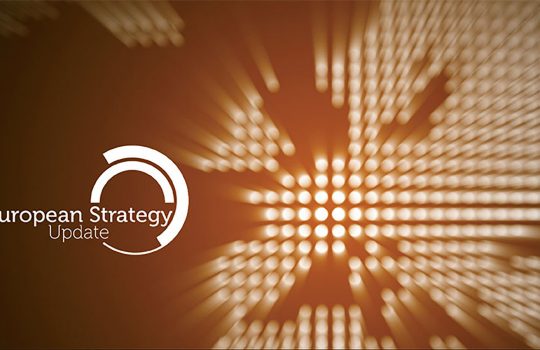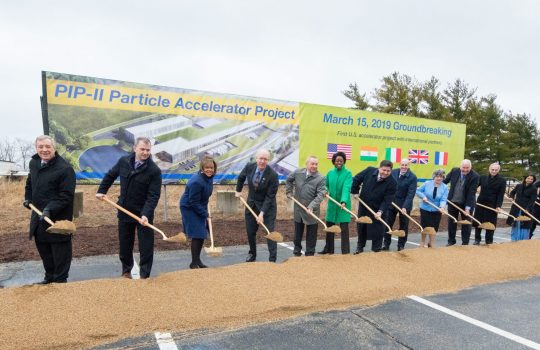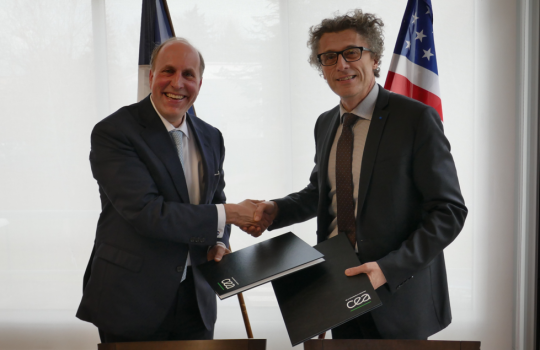Estancia en el Fermilab me abrió panoramas de ciencia: Alumno
From University of Colima’s El Comentario, Feb. 4, 2020: Alexis Solís Ceballos, estudiante de Ingeniería Química Metalúrgica en la Facultad de Ciencias Químicas de la Universidad de Colima, participó recientemente en una estancia de tres meses en el Fermi National Accelerator Laboratory (Fermilab) de Estados Unidos, donde un grupo de científicos de todo el mundo explora las altas energías para responder preguntas fundamentales que ayudarían a entender mejor cómo funciona el universo.

